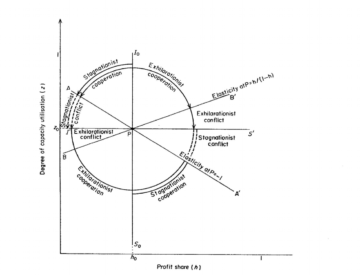 Maya Adereth interviews Amit Bhaduri in Phenomenal World:
Maya Adereth interviews Amit Bhaduri in Phenomenal World:
Maya Adereth: The occasion for this interview was a reflection on the breakdown of social democracy. Why don’t we start there?
Amit Bhaduri: In order to understand the breakdown of social democracy, we need to start with its prehistory. In the 1850s, Marx was convinced that if universal suffrage were granted it would spell the end of capitalism. He reasoned that as numerically the largest class in society, workers would dismantle it if given the chance. You also had members of the British Parliament like Lord Cecil, who argued that universal suffrage would mean the end of private property. We know, of course, that neither of these predictions came to pass—the proletariat never came to compose an absolute majority of the population, and private property persisted in spite of universal suffrage. The important inference to draw from this, and from the development of capitalism throughout the twentieth century, is that as a system, capitalism is far more capable of accommodating political change than economic change. General strikes, as powerful as they might be, have never been able to fundamentally alter the structure of property relations under capitalist society. Meanwhile political rights like suffrage were granted, and, progressively, expanded first across the Global North, and then gradually to many countries in the South.
More here.
